Optimistic activism: on rebellion, AI and social impact, and staying hopeful in a rapidly changing world
how can we use tech to build the better world we all know is possible? this is a maybe-regular roundup of some of the signals that spark ideas and give hope.

I'm Maddy King. I work in AI and social impact. I'm founder of LaunchBot and help grow a bunch of social enterprises, nonprofits, startups and businesses. I'm very interested in how we can use tech to build the better world we all know is possible, so this is a maybe-regular roundup of some of the signals that spark ideas and give me hope.
Headlines in rebellion:
- Powerful nations from Vietnam to Nigeria demand data sovereignty from big tech
- Switzerland creates a carbon-neutral, open source, privacy-first AI model
- Good people find an easy way of reducing AI energy consumption 90% without impacting accuracy
- A bunch of AI companies like Perplexity and OpenAI try to farm your data with their own browsers, but Europe develops the blueprint for a privacy-first tech stack called Eurostack
- AI Results are killing traffic from search engines for some publishers, though Google denies it's an overall trend.
What this means for your project / business / movement:
- AI models are starting to compete on privacy, ethics and climate impact. This is excellent news. Upshot: It’s too early to tie your project to a particular AI model. Use transferable tools and watch this space as better models emerge.
- Focus on community. As these data-hungry machines make the internet a greasier place to be, the drive for genuine connections between people will only increase. How can you project enhance community or put community at its centre? Build your growth strategy around how you can improve or increase the connections in people's lives.
- Tell your story. We’re already seeing “more human” content get rewarded by the LinkedIn algorithm, but we weren't put on this earth to be rewarded by an algorithm. Tell your story online or offline because there is power in being witnessed, and other people will resonate with it and feel less alone.
- Nail Generative Engine Optimisation (GEO) for your website, also known as Answer Engine Optimisation (AEO) or AI Opimisation (AIO), so that you come up at the top of search results for the people you want to help. Rather than replacing your search engine marketing strategy with an AI strategy, incorporate GEO into your SEO work to reach more people. Here's a tool I built that does it for you.
In More Depth:
- Someone stored an image on a bird, and the future is animal-machine hybrids.
Images like PNGs can be converted by a computer into a long chain of numbers and letters, which another computer or website reads and turns back into a picture. Numbers and letters can be converted into musical notes, which this guy played on his phone to a starling - one of those birds (like a mockingbird) that repeats the sounds back to you. The bird repeated the sound incredibly accurately, allowing the original 176 KB image to be perfectly recreated from its song. This level of lossless quality is better than what most analogue audio technologies like tape recorders can achieve!
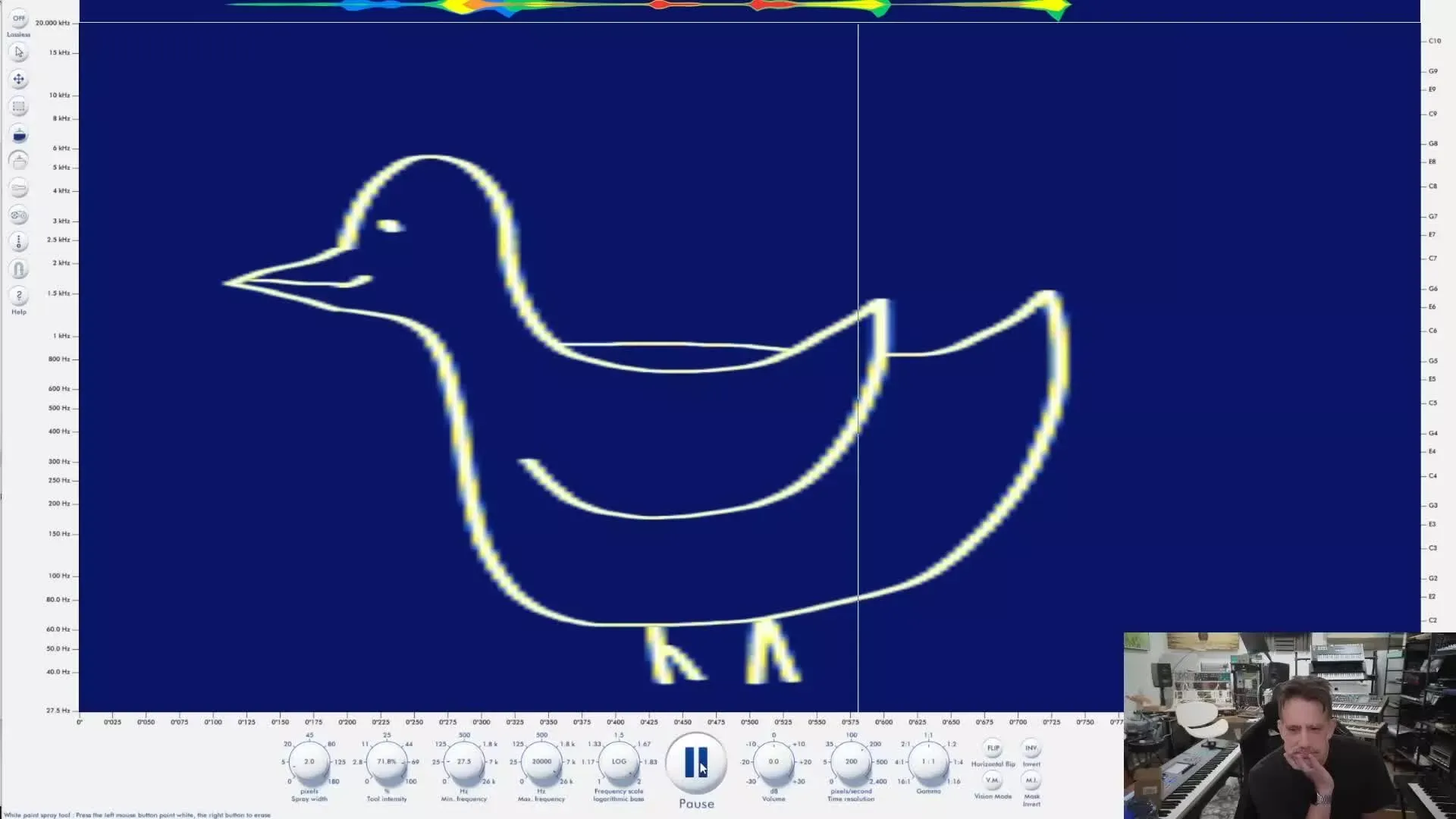
Apart from being completely ridiculous, this raises some really fascinating ideas. With neural networks and things like that driving AI development, we're working SO HARD to get machines to behave like human brains, because after 4 billion years of R&D our planetary evolution seems to have figured out brains as the most effective way to store and process information while reducing energy consumption. The energy consumption of AI is appalling, so the thought behind biomimicry is that the closer we can replicate nature / animals / biological organisms in our designs of technology, the more we can benefit from those millennia of trial and error that the planet has been through, and get some of the gains without having to redo all that testing. Why don't phones sprout little legs and move themselves 4 inches sideways into the sunlight to solar charge when we put them down? All animals move to fuel themselves from renewable, readily available sources of energy like fruit and protein, why are we so insistent on outdated tech that doesn't?
Here with this image-bird, we have the first example of "data storage" that doesn't melt an ice cap. We don't drill oil to make plastic to store it on a disk or a drive, we don't mine for precious metals, we don't suck up water to cool our servers - a bird fuels itself with food, pollinates and distributes seeds to grow more food, and then dies without contributing to planetary waste.
Scale it up. Can we store an album on an elephant? A movie on a whale? (Orca whales imitate sounds played to them by researchers). Instead of making machines more like animals should we be asking how to make animals more like machines? Could this (horrifying) question unlock some climate-positive possibilities for the technology we all use?
https://www.techspot.com/news/108846-can-bird-store-reproduce-data-starling-may-have.html
- People are attaching tiny robot backpacks to cockroaches and I can not stop laughing
This is a REAL STORY. Researchers have started turning cockroaches into drones by attaching tiny robot backpacks to them and then setting them loose to gather data. The idea is that they can help militaries map unknown terrains and things like that, and they've ALREADY BEEN DEPLOYED in some crisis zones after natural disasters to locate survivors. Cockroach robots. Scurrying around with little tiny robot backpacks.
The best part about this story is that they've got the backpack assembly time down from over an hour to just over a minute, which means that it was SOMEONE'S JOB TO SPEND OVER AN HOUR PUTTING A BACKPACK ON A COCKROACH. This just has me in tears of laughter.
What’s the worst way this could be used?
- Total surveillance. If they can turn a cockroach into a drone, then we can assume that mosquito-sized drones are on our doorstep. And mosquitos can get anywhere (this is the entire plot of the Ant Man movies.)
What’s the best way this could be used?
- We think a lot about building large data sets and looking at the world at a macro scale, but this opens up ways to look at microecologies in more detail too which could be just as informative.
- We could do some incredible observation-based science if we could attach tiny backpacks to butterflies and fish and see environments that humans can't enter. Maybe we'll finally see where eels breed.
- High heatwaves and droughts in Texas mean families are only allowed to water their vegetables once a week, while AI data centres consume enough water for 1 million households - as much as one in 10 households in the entire state.
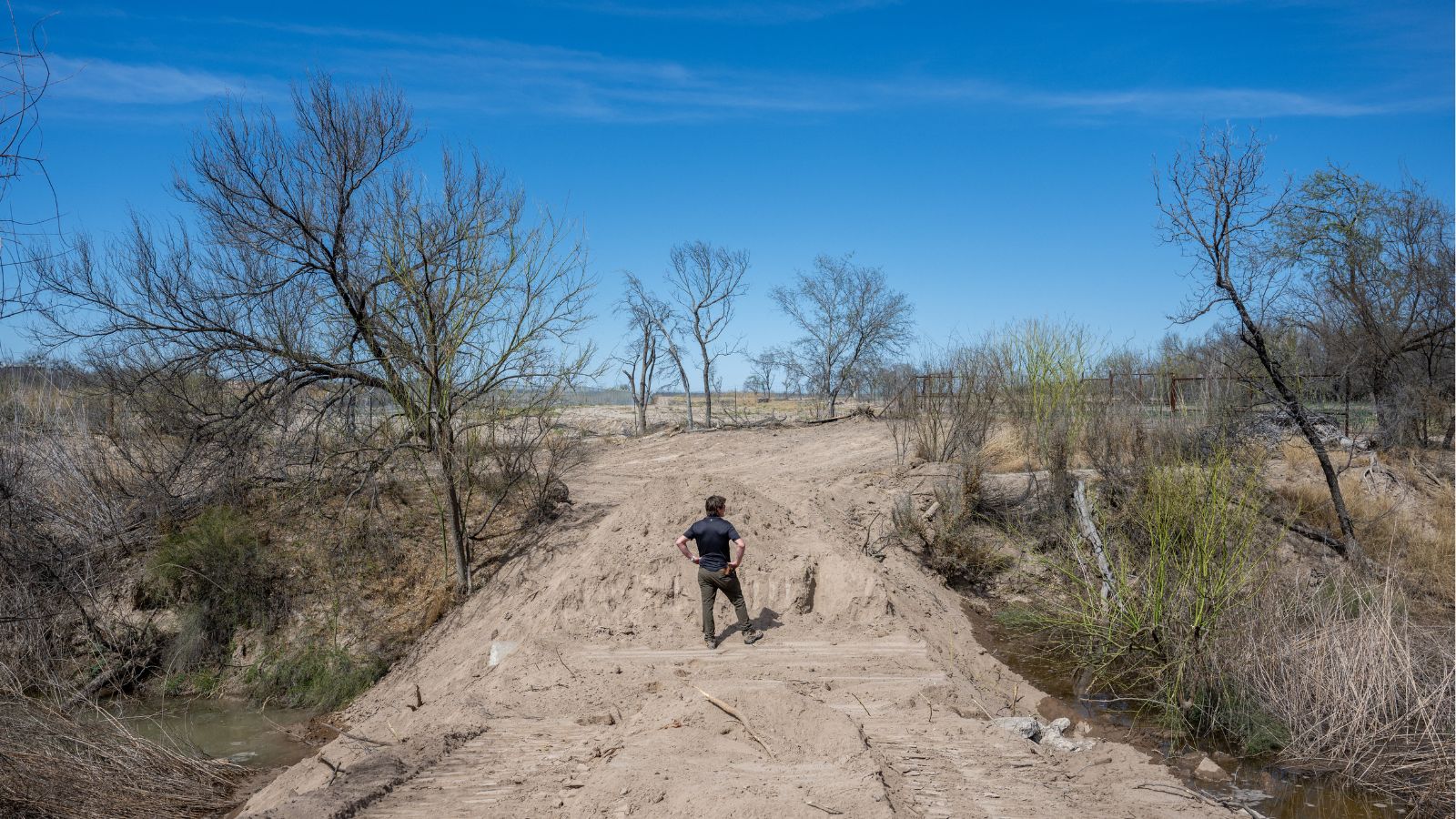
- Real or not?
AI images are getting so good now that most people can tell the difference only 63% of the time(!). Try this test if you don't believe me - I got 60%.
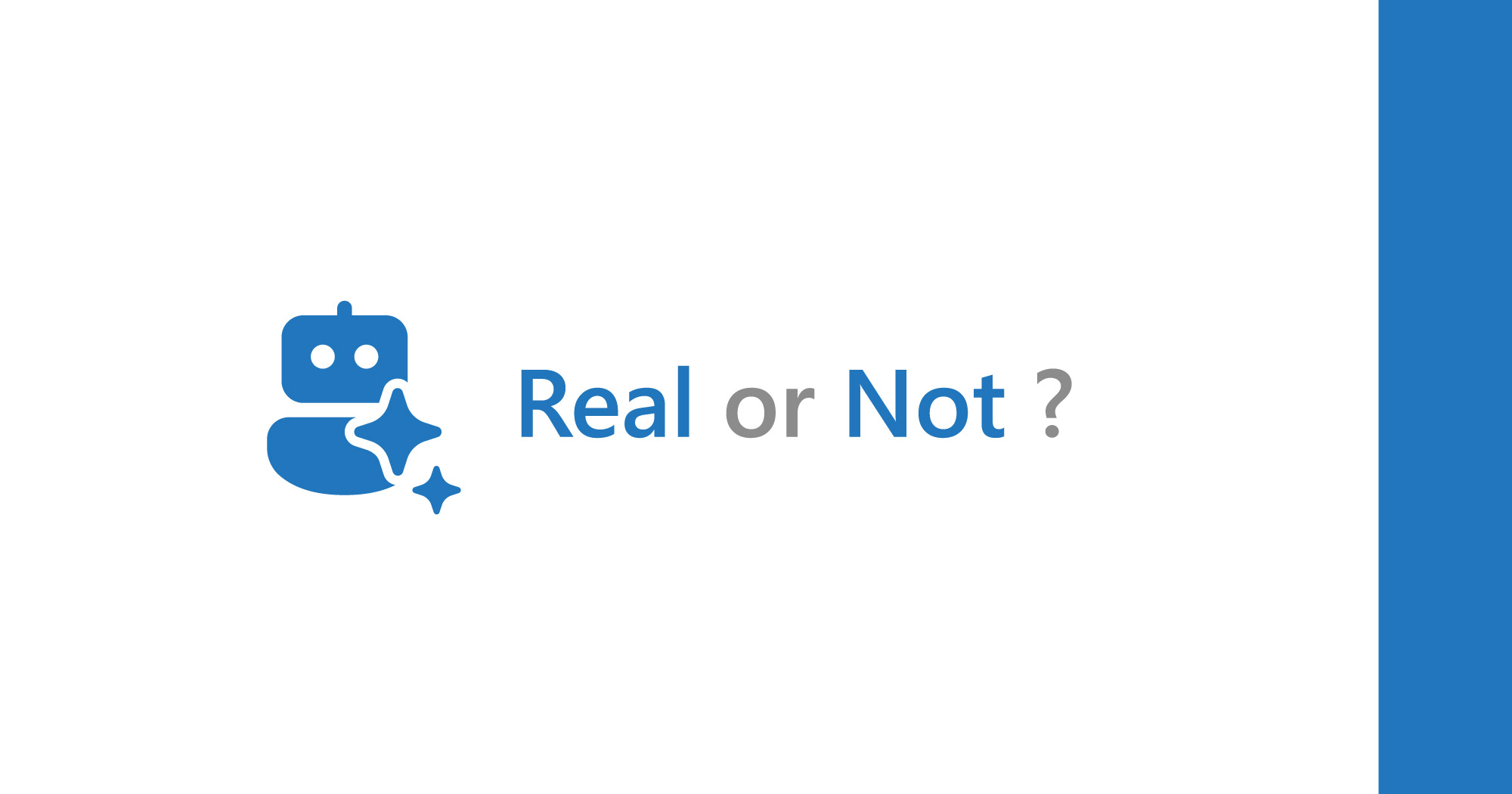
So we've already moved into the unknown future. I got 100% this time last year, so we can estimate that in a couple of months that average will drop below 50%, and people will not be able to tell if an image is fake.
To ease concern, the AI industry has this proposal around invisible watermarks. The idea is that AI can generate images then stamp them as fake in an invisible way that other computers can identify. But recent research throws this idea in the trash, showing how watermarks can be stripped off by bad actors.
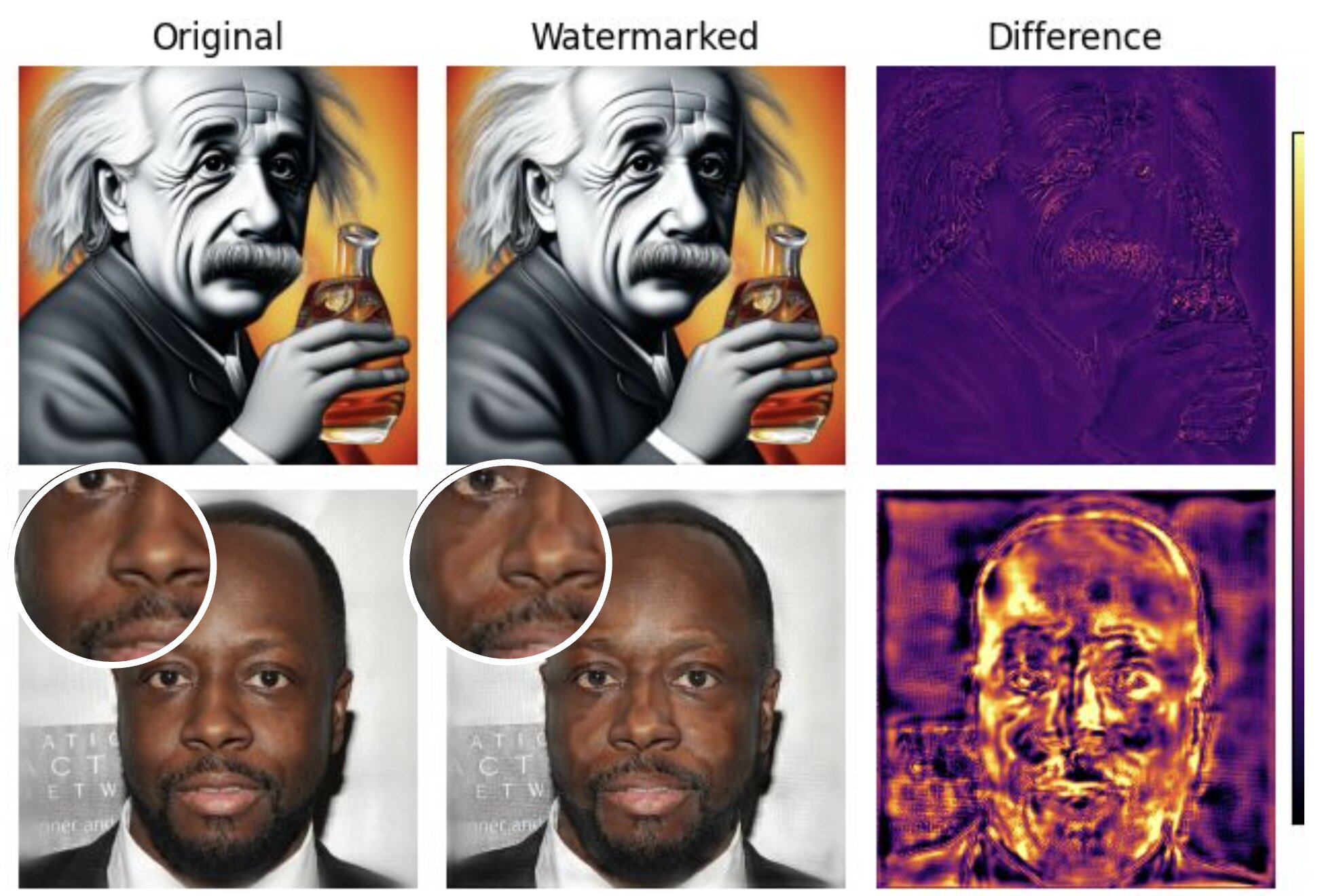
What this means for your project / business / movement:
- When people stop trusting what they read or watch online, it creates opportunities for new perspectives on truth (whose truth is heard, whose voice is used, whose perspective is shared), but it also creates massive opportunities for vulnerability, exploitation and manipulation.
- How would you solve the trust problem? Given that since COVID trust in state institutions is low? If someone spreads a false story, i.e. "People with brown eyes are poisoning your water," where can we turn to find out if it's true?
- My sense is that the solution will be in the form of community-driven collective citizenry. Could we have sources of authority that can speak for each community?
- Or do we find a way to fund our own micro journalism. I miss investigative journalists who really went deep on a problem over a long period of time - news businesses just won't pay for them anymore. PressPatron is trying to solve this, which is excellent. How could we fund and empower individual investigative journalists? Or networks and professional standards with teeth that call out news stories that have been impacted by commercial agendas?
- I'd like to build a platform (called Matreon) where busy working people can donate a tiny monthly amount to fund activists and investigative journalists who are on the frontlines fighting for our rights and keeping our communities safe. Subscribers ("Mates") would get to feel like they were helping beyond clicktivism and activists and journalists would gain some financial stability so they wouldn't have to suffer so much.
- What do you think is the source of the problem? Can you see a tech or non-tech solution? I'd love to hear it.
- Livestream the whole world
Google's AI has found a way to compress the satellite data of the entire world down to pocket-sized nuggets that we can actually look at, use and interact with. It's not at the scale of watching nude sunbathers, but it's tracking earth data in real time, so you can watch real rates of deforestation, where cities are sprawling, where shorelines are rising, where deserts are spreading, where glaciers are shrinking.
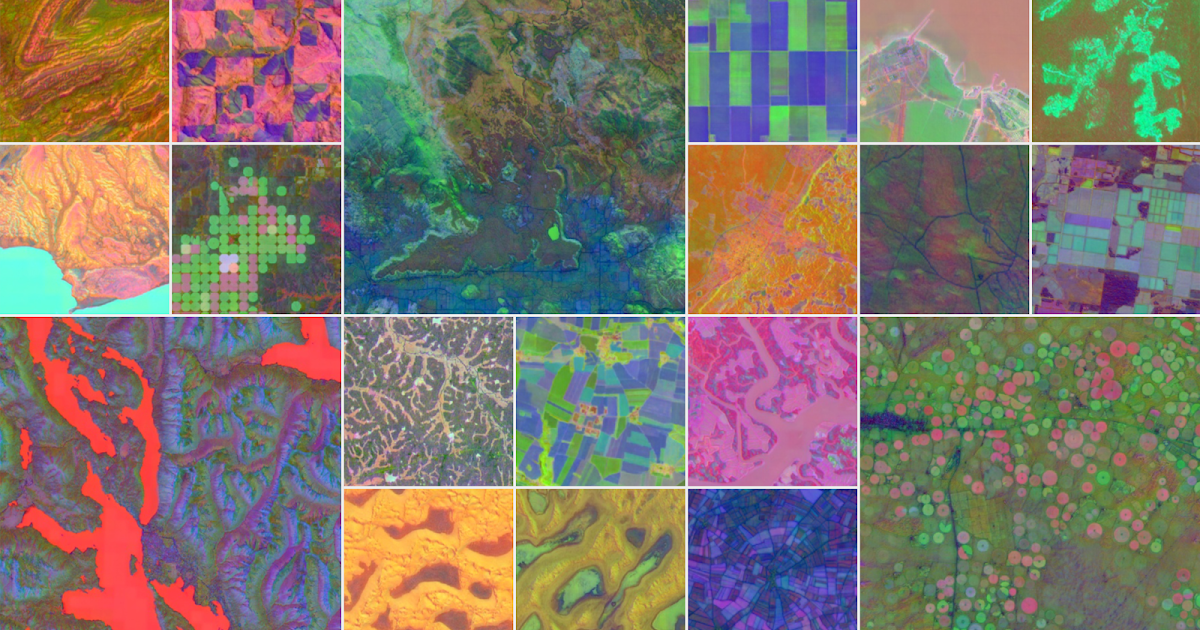
What’s the worst way this could be used?
- Limiting and controlling the movement and expansion of specific populations.
- Illegal actors could use it to avoid checkpoints, inspectors, monitoring teams.
What’s the best way this could be used?
- You have to read this. Climate projections, chain reactions and amelioration strategies planned out and anticipated on a global scale.
- Identifying and ending illegal logging, fishing, farming.
- Better environmental planning and modelling of knock-on consequences, i.e. if we dam this river it will dry up that valley.
- Early warning systems for human crises by tracking large population movements.
What this means for your project / business / movement:
- If we can do this with earth data then I wonder if population movements will also be trackable, i.e. when huge groups of people exodus a country at war or huge refugee camps get established on a border and just keep on growing.
- How could you use this information to help people?
- Ushahidi springs to mind - this was a Kenyan app that was created in 2007 to enable people to crowdsource reports of post-election violence by putting this data on a map. It's since been used to enable humanitarian services all around the world.
- Now that you can see in real time how earth data is changing, what does that enable you to do?
- A plastic that gets eaten by the sea. Researchers have made a breakthrough in biodegradable plastic. Given only 9% of plastic is ever recycled, researchers are looking for plastic alternatives that break down in nature. But while most "bioplastics" fail to disintegrate in high pressure deep-sea conditions, this one does, raising hopes of a dissolvable plastic future. It's actually pretty interesting chemistry - it's a biodegradable polyester that’s deliberately made from building blocks that microbes already recognise as food. So once the plastic enters the sea, naturally occurring underwater microbes start eating it and metabolise the plastic pieces into CO2.
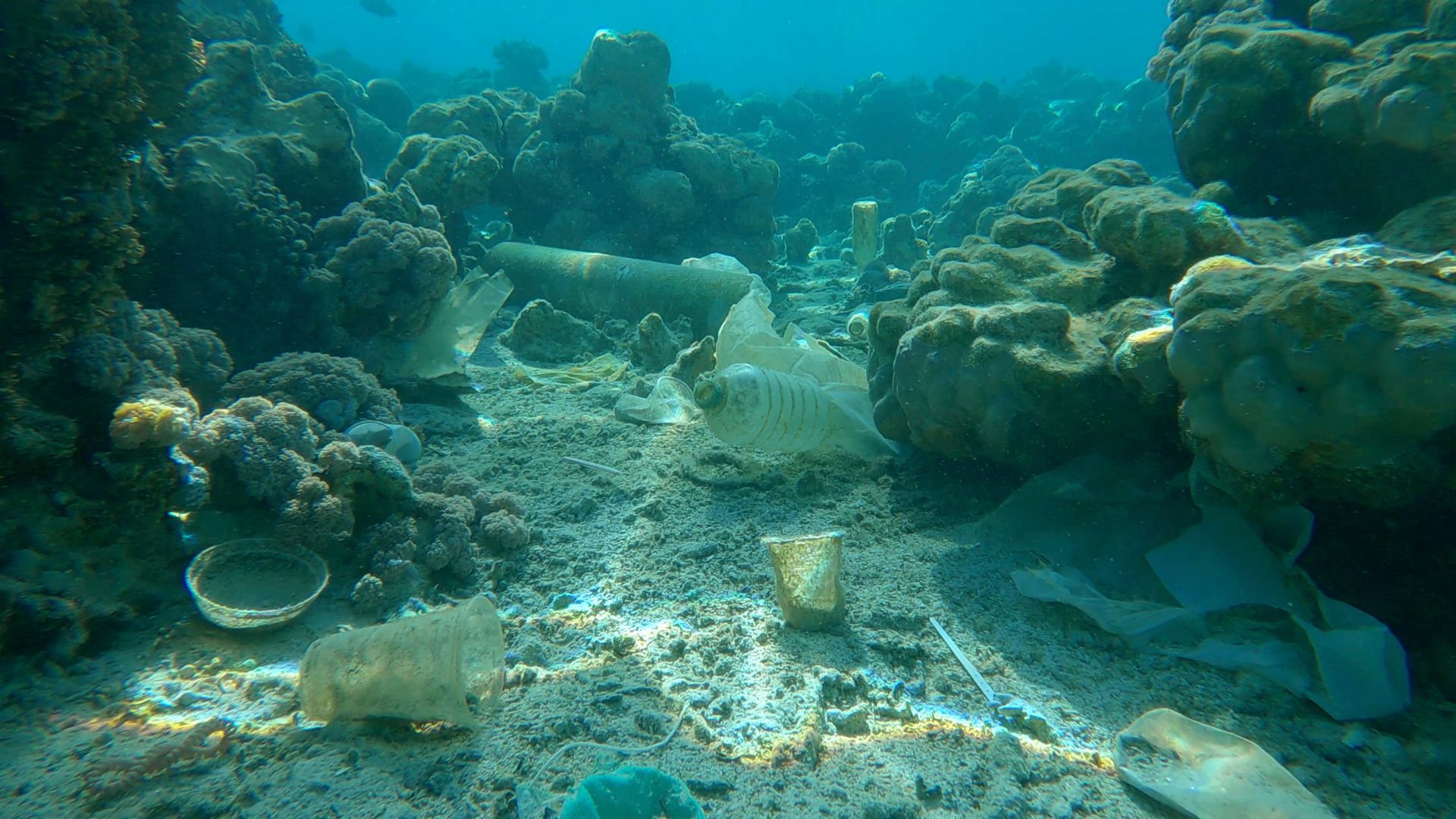
- The robot dogs are coming
A report has come out from China of an eerie wind farm in the desert that's entirely run by drones, sensors and robot dogs.
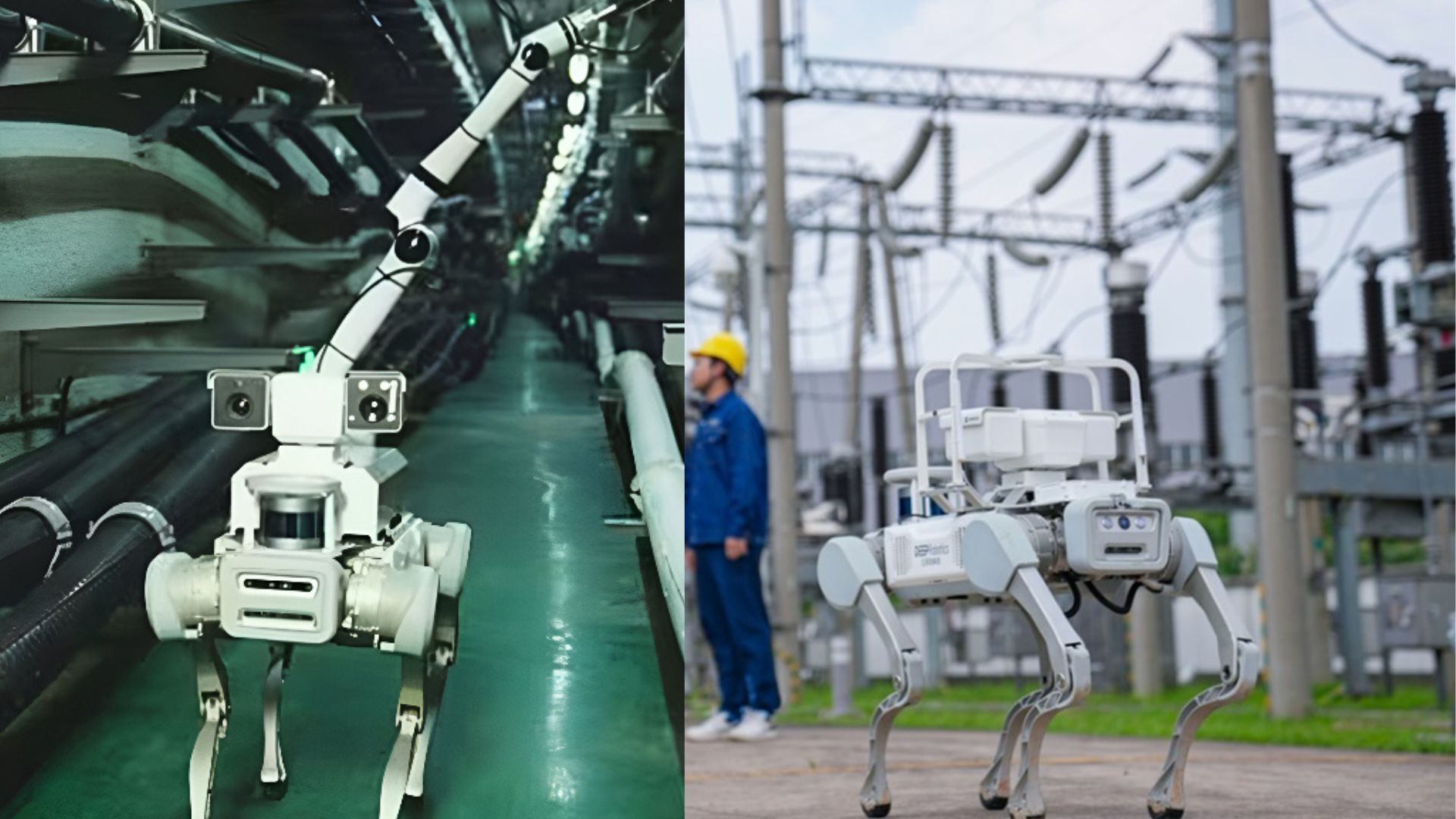
At the same time in Eastbourne (UK), Domino's pizza is trialling a robot dog delivery service for people wanting to eat pizza on the beach. The dog hilariously hovers nearby and makes awkward waving movements with its arms while you eat your pizza to shoo the seagulls away.
https://www.techspot.com/news/108852-domino-deploys-boston-dynamics-robot-dog-deliver-pizza.html
These are funny and bizarre occurrences but scale it up. I freaked out a few people at a talk I did in Christchurch recently by saying I thought we could have AI-enabled humanoid robots in the home within the next 12 months. If humanoid robots and robot dogs can do "the jobs we don't want to do" (as techno optimists love to say), picking up our kids from school and doing the washing and driving the car, then people will definitely adopt them. It's the wild thing about technology, how much we sacrifice for convenience. Billionaire capitalism puts so much pressure on us by requiring us to go into massive debt to have a stable home and no free time and life feels really hard, and then robots come along (making the imbalance of capital worse) and we jump at the chance because we'd do anything for ease. I'd love to have a robot clean my windows.
Imagine that at scale in the next couple of years, these things could become cheap and easy to own so there could be a couple in every home.
What’s the worst way this could be used?
- One robot in every house that can be remote-accessed to create a large standing army.
What’s the best way this could be used?
- Robot helpers for good-for-the-world tasks that we don’t do because they are hard and time consuming, like reusing and reducing waste.
What this means for your project / business / movement:
- If you were in charge, what rules would you write for in-home robots? What rules would you make sure every manufacturer of in-home robots had to follow? What do you think should be the guidelines and boundaries for this future?
- Googles phones track earthquakes as well as governments
Phones have pretty incredible technology inside them to detect movement - everything from 6-way accelerometers to GPS satellite tracking to wifi networking to atomic clocks to make sure you know where you are and can get where you want to go. Earthquakes emit particular kinds of waves of motion (P waves and S waves and such) that aren't created by user movement, so phones can pick those up. Google has used this tiny ability of phones combined with the sheer number of android devices to create a massive earthquake alert system that works. Lots of earthquake-prone places like rural Nepal and New Zealand have patchy coverage or might be between regional alert zones so having your phone to alert you as well as the state is pretty nifty.
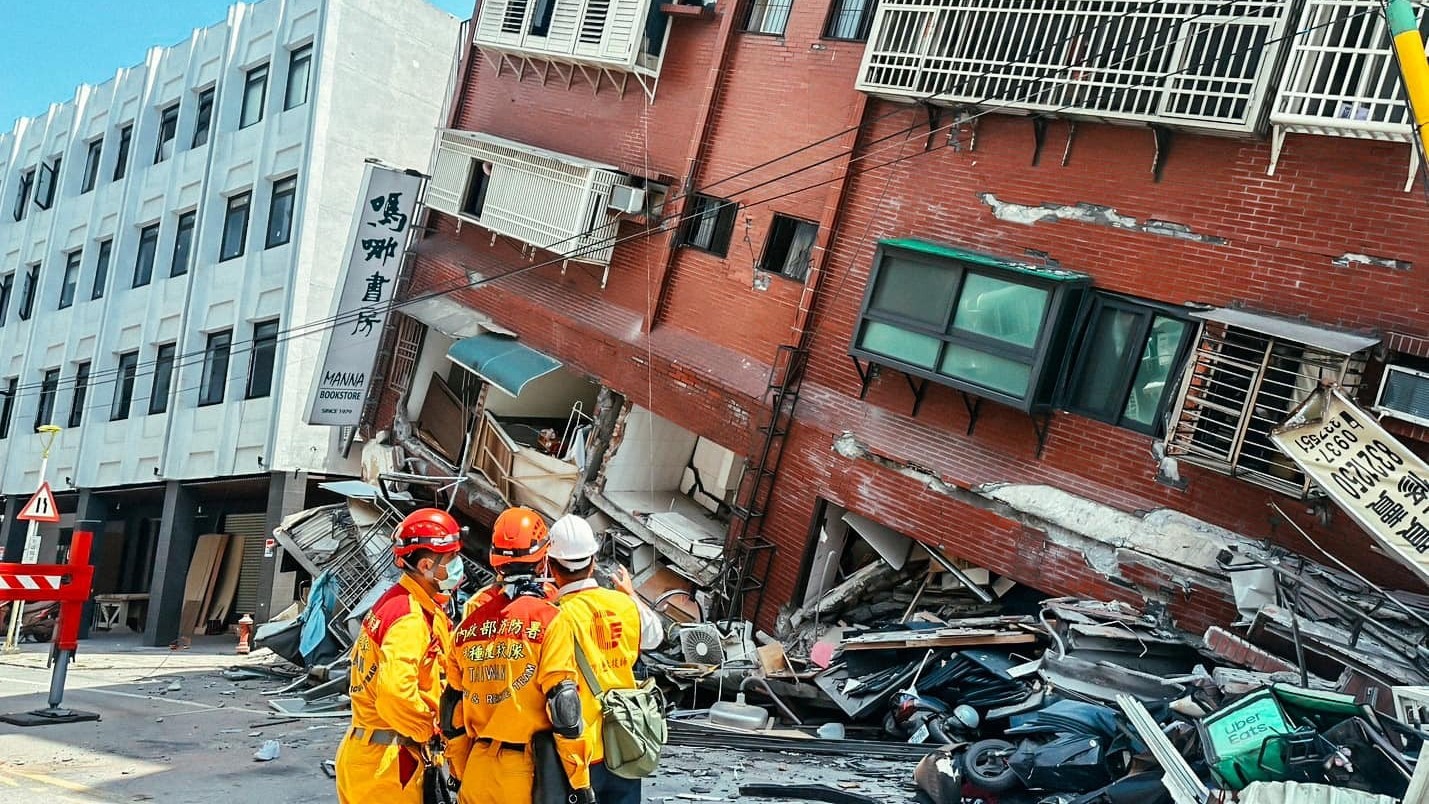
- Nearly 1 in 2 people worldwide use Facebook
There are 8 billion people in the world, and 2 billion are underage. Between 1-3 billion people don't own a smartphone. Yet Facebook has reported 2 billion daily users last year and over 3 billion monthly users. That's just unbelievable. Power and influence on an unprecedented scale.
"If they can use this to make more money, why wouldn't they."
What this means for project / business / movement:
- If you had this network, reach and access, what would you do with it?
- How could you use this infrastructure to scale your social impact project?
- What offline behaviour will be affected by this growth?
Thanks for reading. For more detail, context and updates on the above stories, check out the amazing Memia.
This is my first one so email me and let me know what you think. Disagree with the best and worst ways these developments could be used? Have your own ideas about how to solve them? Let me know your reactions, I’d like to bring some good ideas to life.






